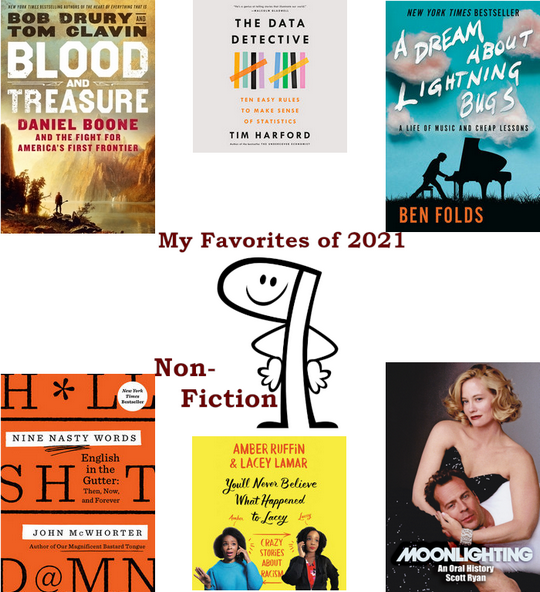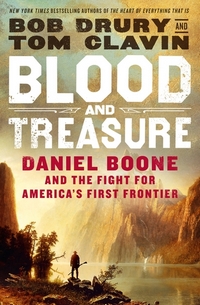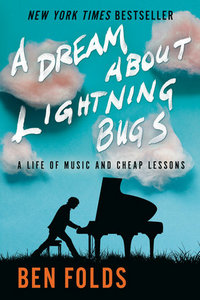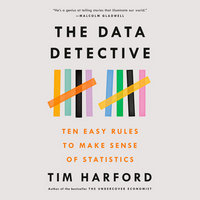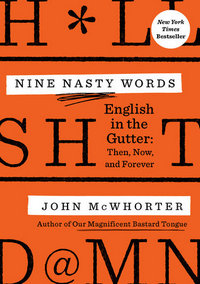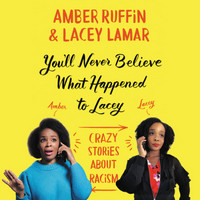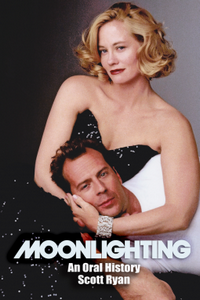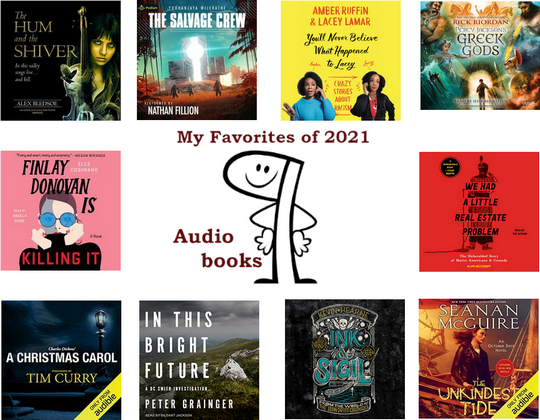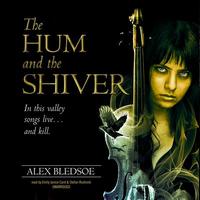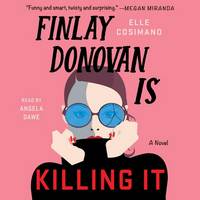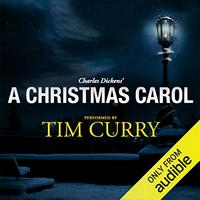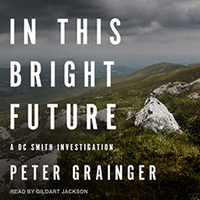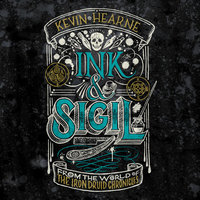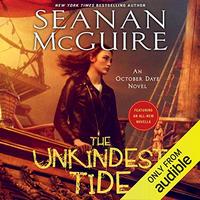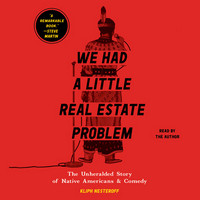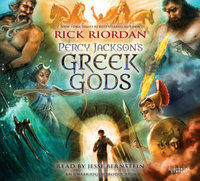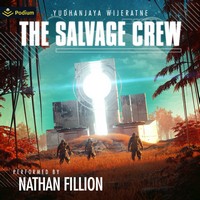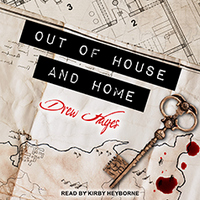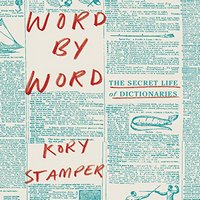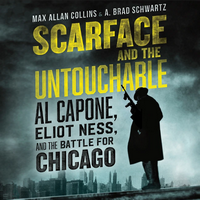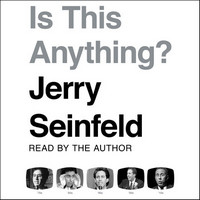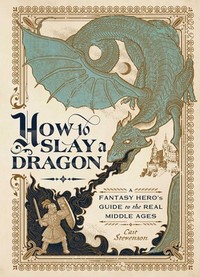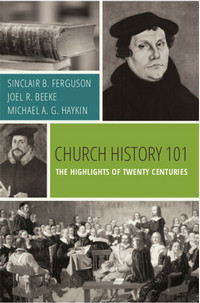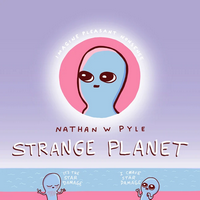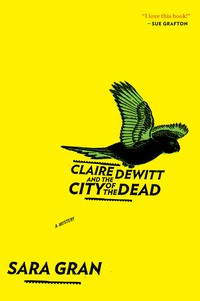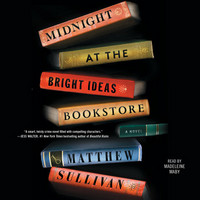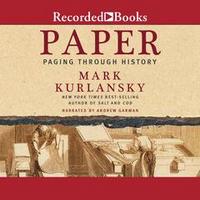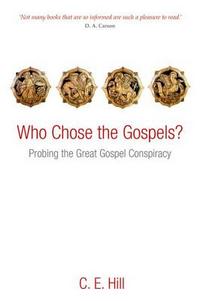 Who Chose the Gospels?:
Who Chose the Gospels?:
Probing the Great Gospel Conspiracy
by C. E. Hill
DETAILS: Publisher: Oxford University Press, USA Publication Date: April 7, 2012 Format: Paperback Length: 247 pg. Read Date: September 10-24, 2023

All this presents a rather sticky problem. Recall that in Professor Ehrman’s political interpretation of church history it isn’t until the fourth century that the ‘orthodox’ party finally ‘sealed its victory over all of its opponents’, At that time ‘it rewrote the history of the engagement’, claiming that its views were passed down from Jesus’ apostles. And yet here is Irenaeus, nearly two centuries earlier, already ‘rewriting history’ long before the victory was sealed. At a time when, many prominent scholars insist, the issue was still very much in doubt, Irenaeus writes as if the church had been nurtured by these four Gospels from the time of the apostles.
The problem with Irenaeus is that he simply wrecks the popular paradigm. His views about the emerging New Testament canon, and about the four Gospels in particular, are simply too well-developed, too mature, to fit the scheme that many have invested themselves in today. As a second-century Christian author who argued that there are, and can only be, four legitimate Gospels—because they alone teach the truth about Jesus and because they alone had been handed down in the church from the time of the apostles—Irenaeus lies like a fallen Redwood in the path of those who would see the choice of the four Gospels as a late and politically motivated manoeuvre of the fourth century.
How do you solve a problem like Irenaeus?
What’s Who Chose the Gospels? About?
That last question in the quotation would work pretty well as an alternate title for the book—how do you solve a problem like Iraneaus? Or, more to the point, how do you ignore his (early date) recognition of only 4 gospels—Matthew, Mark, Luke, and John—despite what we’re told about the state of gospel availability and canonization by so many today.
Hill examines some of the time frames, uses, content, and provenance of some of the so-called competitor gospels (i.e., those that never were considered canonical) to compare them to both the canonical gospels and those early figures of the Church we see discussing the gospels. But primarily, Hill is concerned with the use of and testimony regarding the canonical gospels—and the evidence regarding their use by the Church and when it started. The overwhelming bulk of the book is focused there.
So, we may now ask, how did the Christian church, apparent drowning in a sea of Gospels, finally end up with only four? The educated reader of today may already have come to the conch. sion that the story was attended with a good bit of bullying intrigue, and skullduggery. Many perhaps picture councils of bad-tempered bishops voting on which books to include in the Bible one minute, and voting to execute heretics the next. As now widely believed, in any case, that the four canonical Gospels emerged into prominence only fairly late from a long and drawnout battle within early Christianity, a battle finally won in the fourth century after the establishment of the church by Constantine the Great. While academics might not, as Teabing does Dan Brown’s novel, attribute the collation of the Bible to ‘pagan emperor Constantine’, many even in the academic community insist that the question of which Gospels the church ought to endorse was still up for grabs in the fourth century.
He also looks a little bit at contemporary theories (both academic and popular) about the development of the canon—insofar as it focuses on the Gospels. He finds it wanting, and somewhat self-contradictory—and talks about that, too. But even as he does so, it’s not the main focus of the book—which is, as said earlier, the four gospels and how the second (and possibly first) century church regarded them, and how that changed (and mostly didn’t change) in the two centuries following.
The Tone of the Book
You probably can’t read it in the image above, but that top blurb is from D.A. Carson and it says, “Not many books that are so informed are such a pleasure to read.” I really didn’t pay much attention to it—and just figured he meant something about how nice it is to have such an informative read or something like that. If for no other reason, it was from Oxford University Press, who are not known for fun reads. I was super duper wrong.
This was a blast to read. Seriously, I had a lot of fun.
Not—and I want to stress, not—because he’s making jokes, being silly, or outrageous or anything like that. There’s just something about Hill’s style. He’s charming (seemingly effortlessly), not in a way that calls attention to itself, but it’s there—a little mild sarcasm, some wordplay, some other bits of humor along the way—but it’s nothing I can point to, and say “there it is!” But time after time while reading this, I found myself grinning for no apparent reason.
That’s just his style—the subject is serious, and frankly, pretty dry. But Hill keeps it from being dry without tuning down the seriousness of both the positive case he’s trying to build and the criticisms he makes toward the other side(s).
So, what did I think about Who Chose the Gospels??
In short, we have no evidence that the church ever sat down collectively or as individual churches and composed criteria for judging which Gospels (or other literature) it thought best suited its needs. On the contrary, the key realization which best explains our inability to find an ultimate ‘chooser’, which best explains why the church didn’t take the easy way out with some kind of singular Gospel and why it never cobbled together a set of criteria to apply to all the Gospel candidates, is that the church essentially did not believe it had a choice in the matter! The question ‘why did you choose these Gospels?’ would not have made sense to many Christians in the second century, for the question assumes that the church, or someone in it, had the authority to make the choice. To many, it would be like the question, ‘why did you choose your parents?
A few other books/chapters that I’ve read on the subject talk about the conclusions Hill draws, and refer to some of the evidence, but Hill’s the first one I’ve read who’s actually “shown the work,” as my math teachers/professors would say. His answers match other scholars, but I can actually see how he got them. For that alone, I enjoyed reading this book and profited from it.
Add in his style? Oh, buddy—now we’re cooking with fire.
Hill is careful and thorough, acknowledging challenges to his position about the emergence of the fourfold Gospel to the place it holds today. But he’s consistent in showing how those challenges don’t have the weight and merit that so many in our culture assume they do. Not to keep picking on it—but the authors/editors of Church History in Plain Language should spend time with this book and others like it before they finish the Sixth Edition—it would really help out with its particularly weak chapter on the Canon.
I think the concluding chapter could’ve been beefed up a little bit. Maybe after a few more readings, I can figure out what it was missing—I just felt it was weak here and there. Or another reading or two will show me that I could’ve paid better attention this time (entirely likely).
Regardless, Who Wrote the Gospels? is a book well worth time and attention—and it’ll repay both.

This post contains an affiliate link. If you purchase from it, I will get a small commission at no additional cost to you. As always, the opinions expressed are my own.
![]()




